New Releases by Alumni
YORAM HAZONY ’86 argues in his new book that the Hebrew Bible should be studied by believers and nonbelievers alike for its philosophical insights, and not dismissed as revelation. In The Philosophy of Hebrew Scripture (Cambridge University Press), Hazony, provost of the Shalem Center research center in Jerusalem, presents a Bible that praises disobedience and initiative and advances arguments about ethics, politics, truth, and reason.
SELDEN EDWARDS ’63’s new novel, The Lost Prince (Dutton), picks up where his first novel, The Little Book, left off. At the end of the 19th century, Eleanor Burden has returned to Boston from Vienna with a journal that lays out a prescription for her life and reveals future events, including some that “she would have to make happen.” Along the way, she interacts with Freud, Jung, and other major figures of the time.
In Sleeping With Your Smartphone: How to Break the 24/7 Habit and Change the Way You Work (Harvard Business Review Press), LESLIE PERLOW ’89 argues that workers can disconnect, work more efficiently, and achieve a better work-life balance. The key, she says, is to do so with their colleagues. Perlow is a professor of leadership at Harvard Business School.
In her debut novel, Brand New Human Being (Houghton Mifflin Harcourt), EMILY JEANNE MILLER ’95 explores marriage and family. The narrator is a 36-year-old stay-at-home dad whose father recently has died. After he sees his lawyer-wife kissing another man, he sets off with their 4-year-old son to figure things out.
PAULINE CHEN *96 has reimagined Dream of the Red Chamber, an 18th-century Chinese literary classic, in her novel, The Red Chamber (Knopf). At the heart of her story is a love triangle between a young man and two potential mates who are polar opposites. The story explores themes of freedom and individuality in an era when arranged marriage was the norm.
In her second collection of poetry, The Game of Boxes (Graywolf Press), CATHERINE BARNETT ’82 explores familial and romantic love. Barnett “negotiates the varied paths of love and, with a wry eye, looks for the meaning of life lurking in every corner,” wrote Library Journal. Barnett teaches creative writing at New York University and The New School.


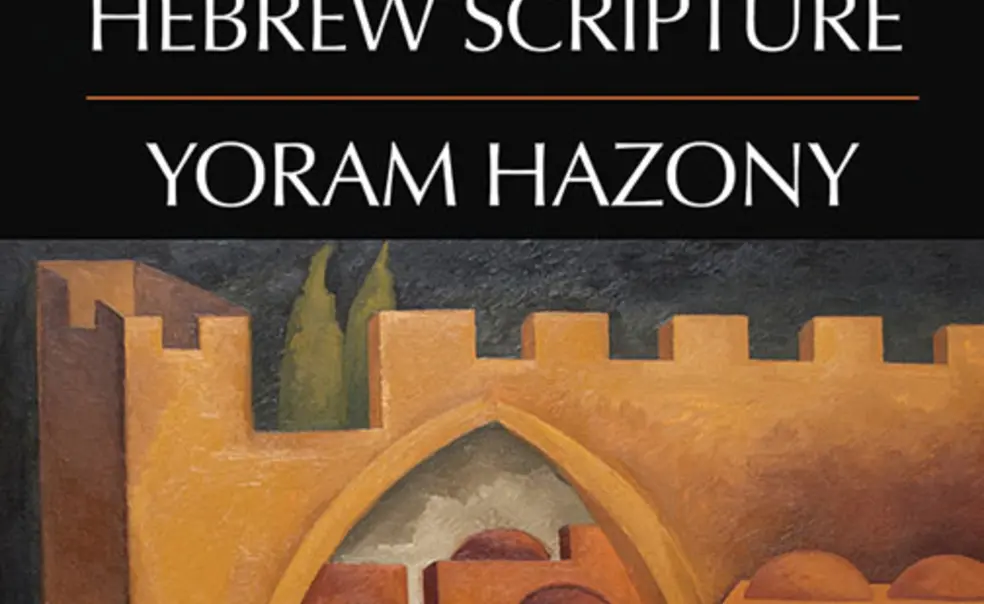
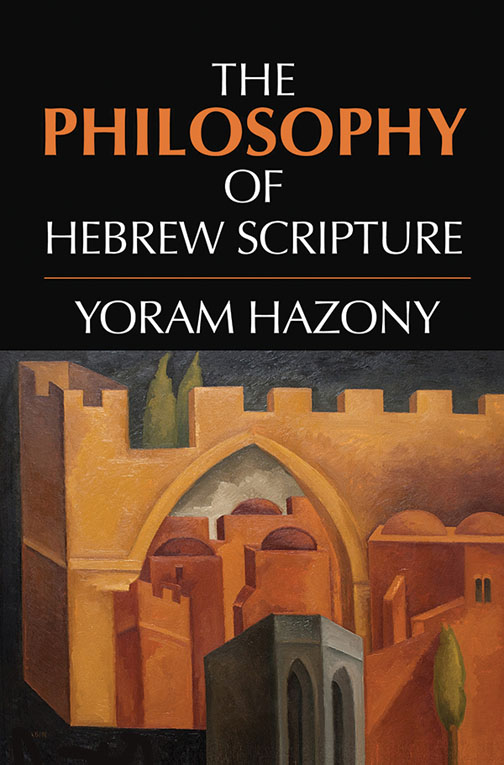
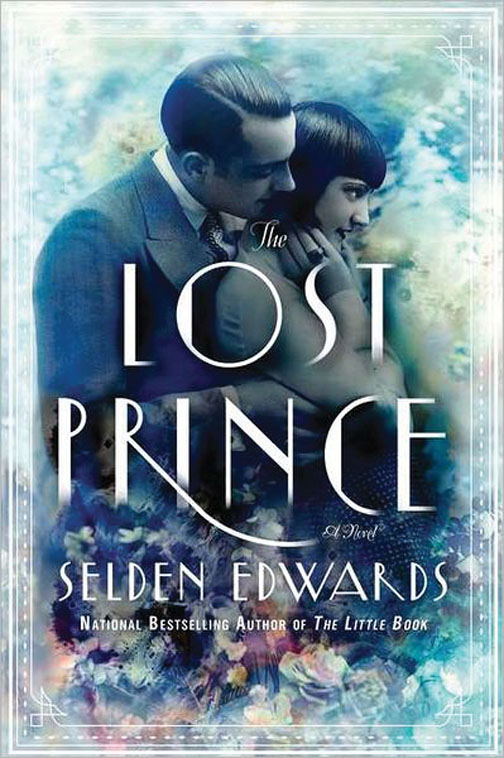
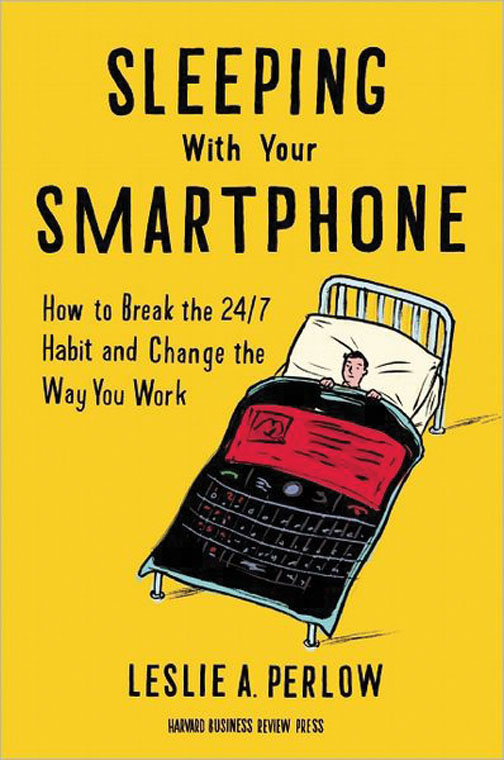
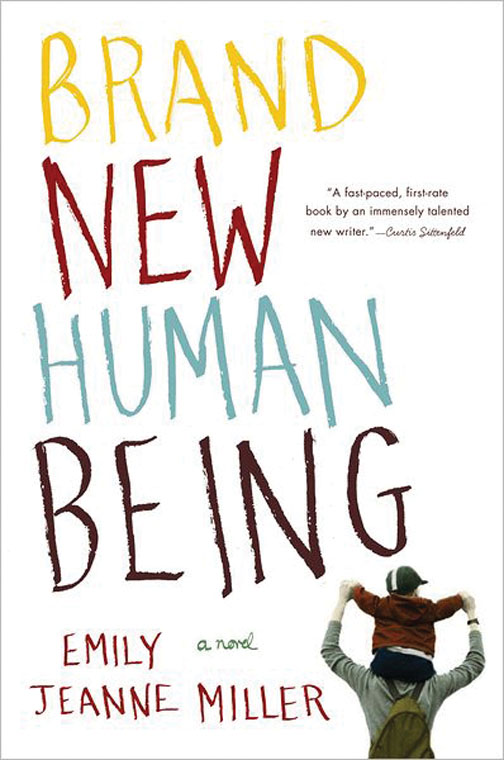
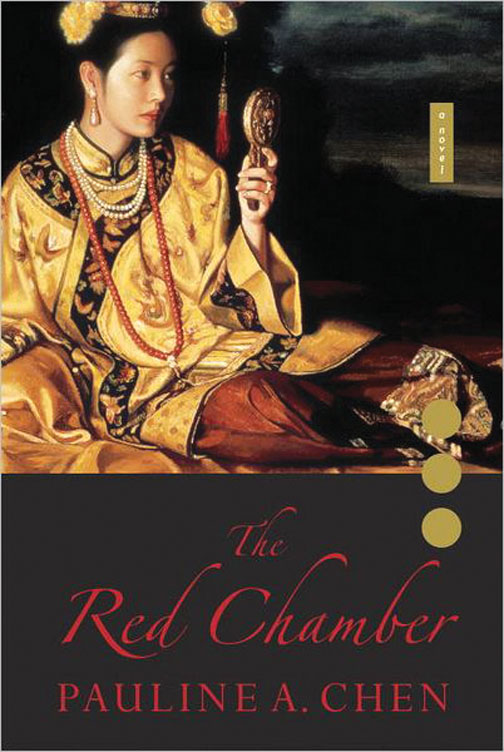
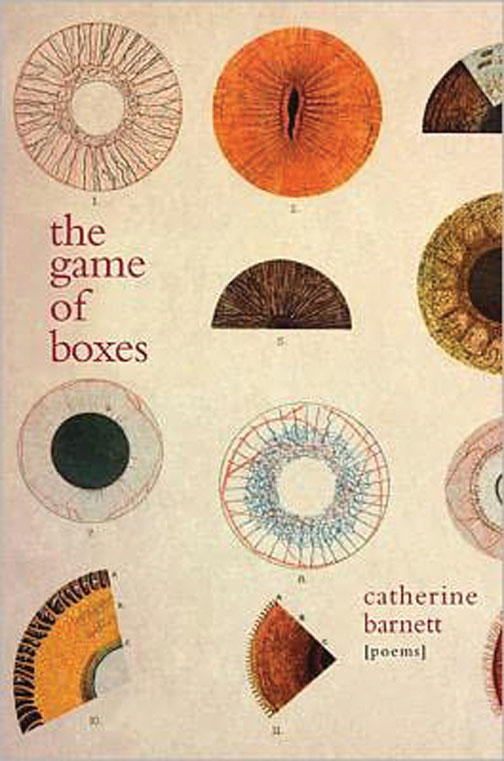









No responses yet